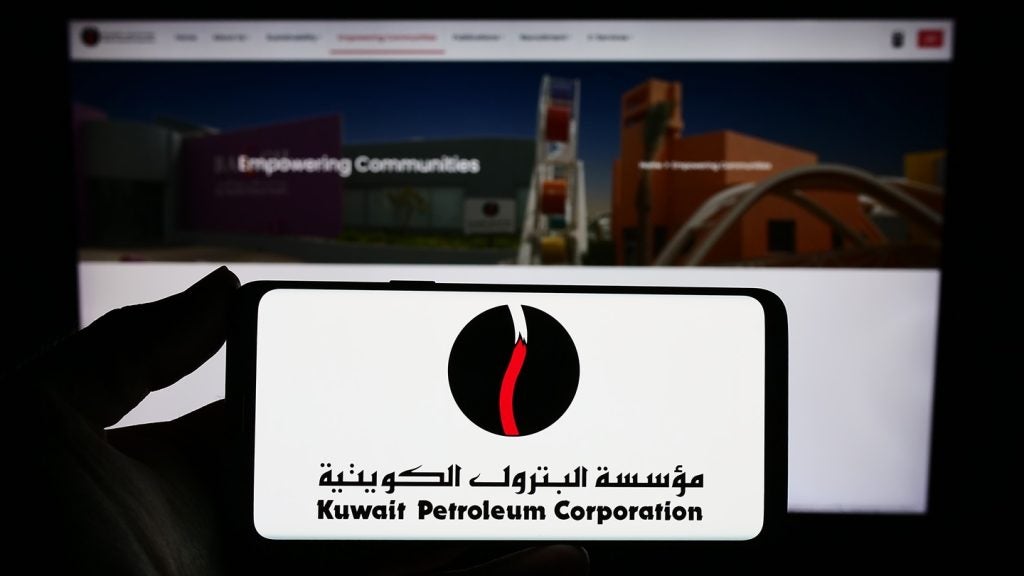Kuwait Petroleum (KPC) has announced a $33bn investment strategy up to 2029 to enhance its oil production capacity, according to a report by Bloomberg.
The plan aligns with other producers' outlooks, despite the International Energy Agency's (IEA) prediction that oil demand will stop increasing by 2030 due to the rise of electric vehicles and renewable energy.
According to the report, Kuwait Petroleum’s investment is part of a 20bn dinar programme initiated in April 2024, covering upstream activities to petrochemicals.
The state-owned company's exploration and production division aims to reach 3.2 million barrels per day capacity in 2025, with a long-term goal of 4 million barrels per day by 2035.
Kuwait Petroleum CEO Sheikh Nawaf stated: "The market in oil demand — looking to 2050 and beyond — will continue to be more or less where it is now." He emphasised Kuwait's position as a low-cost and low-carbon intensity producer, aiming to maintain this status.
Kuwait reportedly ranks among the world's top 10 oil producers, with output just under 2.5 million barrels per day, surpassing Organization of Petroleum Exporting Countries (OPEC) members Nigeria and Libya.
As global oil fields decline, stable output providers such as Kuwait will become increasingly important, according to the CEO. The investment programme will also require KPC to increase its debt.
The company currently utilises a revolving credit facility for operations and is exploring other funding options, including potential deals for stakes in its pipelines.
"If it comes from a pipeline monetisation deal, which would be opened to domestic and foreign investors — like what Adnoc and Aramco did recently — I’ll pursue that," Sheikh Nawaf added.
While Kuwait Petroleum has multiple financing sources, it does not plan to utilise equity markets in the way that Saudi Aramco does. Instead, it is considering allowing local, non-state companies to handle non-core activities, such as specific chemicals production.
The report states that Kuwait's previous goal to pump 4 million barrels per day by 2020 was delayed due to oil price slumps and technical challenges. However, the country is revisiting these targets, believing the energy transition will be gradual.
Kuwait Petroleum’s expansion faces potential challenges from its OPEC+ production quota, currently 2.4 million barrels per day. Sheikh Nawaf stressed the importance of having a supply buffer in case of global disruptions.
The company plans to allocate $110bn towards its 2050 net zero strategy, focusing on carbon capture and solar power initiatives.









